Revive Blog
10 SMALL things we can all do to live more sustainably – that can make a BIG difference
We can all live more sustainably by making some small changes to our lifestyles that will have a BIG impact. The important thing is that we all make these small changes together. So, spread the word and bring everyone yo know and love onboard!
Here are 10 really simple things you can do to live more sustainably.
Why it’s crucial for us to live more sustainably
Climate change and habitat loss is the biggest threat facing our planet and all of the species we share it with. As the human population continues to explode (growing from 1.6 billion in 1920 to approaching 8bn in 2020), our thirst for land and resources has led to the collapse of many ecosystems. Human activity has altered 75 per cent of the Earth’s surface and decimated 70 per cent of animals living in the wild since 1970. Countless other species, habitats and ecosystems are under threat.
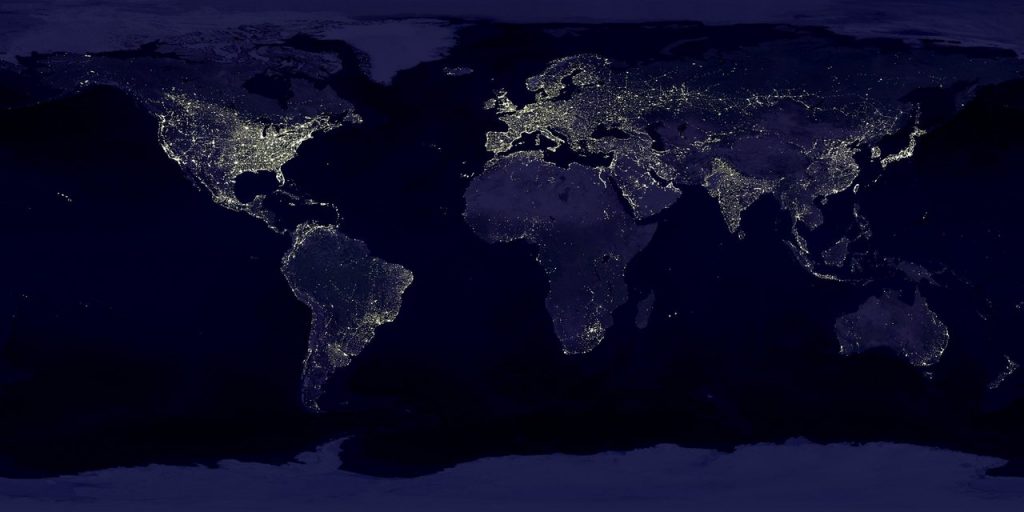
The sad truth is that if humans were wiped out tomorrow, every other living thing on the planet would be better off. That is a sad indictment of the impact we are having on the natural world.
Whilst most world leaders recognise the urgency of reducing our carbon emissions, policy change is painfully slow, often a consequence of industrial lobbying and short-termism.
We are all guilty of being slow to change our habits. Technology is making giant strides towards a sustainable future, but ultimately every one of us will need to change our lifestyle if we have any chance of reversing, or even halting, the damage we are inflicting on the natural world.
Here are some small first steps that we can all take to reduce our impact, which collectively can have a BIG impact.
1 – Recycle less
Whilst we should recycle everything we can, the best approach is to reduce what needs to be recycled in the first place. Cutting back on your single use items is a no-brainer.
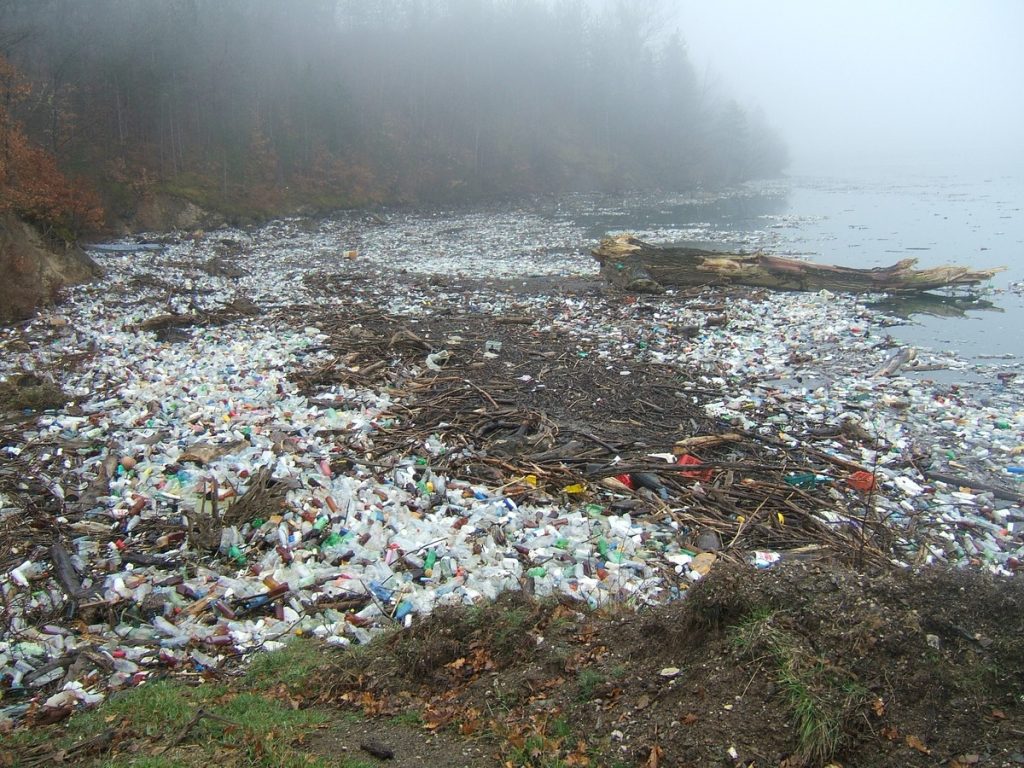
We shouldn’t be producing something in the first place that doesn’t have an ‘afterlife plan’. If it isn’t able to be recycled or repurposed, it shouldn’t be made in the first place. It’s absurd that any one of us can produce a product with no regard for what happens to it after it has been used, even if that use is singular. Especially since you and me, the taxpayer, often foots the bill for dealing with its cleanup or disposal of such items.
Researching her film The Story of Stuff, Annie Leonard discovered that, of the materials flowing through the consumer economy, only 1% of them remain in use six months after sale.
When buying goods, ask yourself:
- Is this going to end up in the bin, or will I actually use this?
- Is this going to break easily (and will end up in the bin)?
- Do I need this and can I live without this?
Aalways choose products with minimal packaging and reject over-packaged products. If you have little choice, leave the packaging with the retailer. If we all did this, retailers would soon put pressure on manufacturers to cut unnecessary packaging.
2 – Restore, revive & reuse
We’re all suckers for marketing. Social media and aspirational living is driving us to want more and more ‘stuff’. Think about it – how many of us are guilty of ripping out perfectly serviceable bathrooms and kitchens to make way for a fashionable new one, which essentially serves the same purpose? Or perhaps throwing away old bikes, cabinets, kitchenware for something shiny and new? Even jewellery made from rare and precious metals can become forgotten in exchange for the new. The list goes on.
Wouldn’t it be great if we were all better at up-cycling? Trust me, something that’s been lovingly and beautifully restored by YOU is much more satisfying than condemning your old stuff to landfill.
There are basic tools and kits available that will help you restore any material or surface to it’s original state. Companies like ReviveTool and Moleroda (or for jewellery, try Polishing Jewellery) stock simple, minimal packaging tools for restoring materials and surfaces.
If you’ve got room for a new hobby, and you don’t believe how amazing an up-cycled item can be, check out the brothers that salvage old aeroplanes and turns them into high-end luxury furniture and fashion items. Just imagine what you could do.
So, save that bike from the skip. Up-cycle that old bedside cabinet. Don’t rip out that old bathroom. Forget buying new jewellery. You can easily restore anything with the right tool.
3 – Eat locally.
A great way to live more sustainably is to eat locally. The convenience of supermarkets has changed how people think about food. You can wander through aisles stocked with fruits, vegetables, and other products from all over the world, at any time of year.
But these products consume huge amounts of fossil fuel energy to get from those global locations into to your local supermarket.
Eating locally is hardly a sacrifice either. Local produce is typically more delicious and more nutritious (meaning that you need to eat less of it too!).
Buying local produce also has other benefits. For example, how many different varieties of apples can you buy in the supermarket? Five, maybe six? Well, in the UK there are at least 2,500 varieties of apples to discover. Highly nutritious and wonderful. Some varieties are specific to regions, towns, and even villages. There are apples everywhere, and most apple tree owners don’t mind giving them away. If you’re struggling to make use of a glut of apples, there are local apple presses all over the country that will help you preserve your apples into your own long-life juice (crazy to buy foreign apple juice when we have a glut of apples every year in the UK right?).
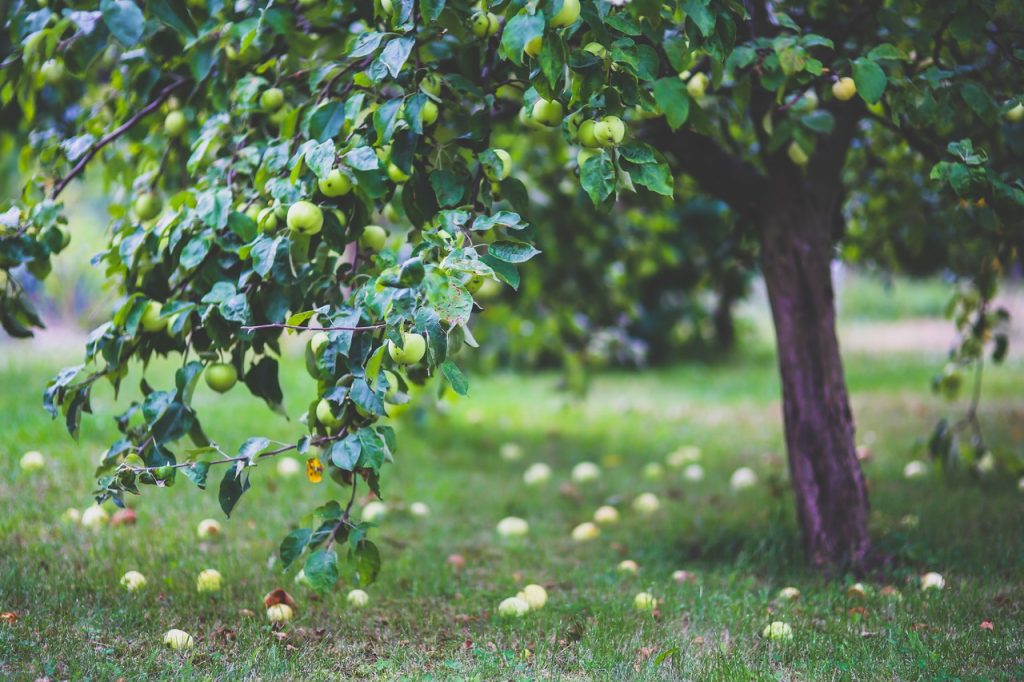
Homogenised varieties grown for supermarkets also create other issues for breeding, pollination and diversity. For example, if every commercial tree comes from the same root-stock, the crops are much more susceptible to disease.
Anyway, the fact is, the more local your produce, the less distance it has travelled. Not only that, you’re supporting variety, local businesses and local food.
4 – Use your local milkman
You won’t believe this, but there is a service that will deliver groceries to your door using a low-powered electric vehicle. They will take away your rubbish in order to reuse it, and will cut down your food-miles by supplying you with local food – all helping you live more sustainably.
Since the 1960s, Milkmen have been ahead of the game when it comes to sustainability… but then along came the dreaded supermarkets to obliterate them. Undercutting the trusty local milkman by using cheaper, throw-away packaging and driving thousands of dairy producers out of business.
Cheaper single use plastic containers, milk from just about everywhere on the planet, and aggressive purchasing tactics, meant that supermarkets drove down the price of milk and almost wiped out our trusty milkman (and many of the smaller dairy farms in the UK). This meant that our trusty milkman was on the brink of disappearing.
Thankfully, some people stayed loyal to the local milkman. They’ve now seen a resurgence as a result of Covid – one of the few silver linings from the devastating pandemic.
Remember: supermarket milk may appear to be a few pence cheaper, but think about the negative externalities that you pay for in other ways. The pollution resulting from the manufacturing and transportation of single use plastic containers. The pollution from transporting the milk from around the globe. The costs of collecting and disposing of the plastic waste. Those costs are still covered by you through taxes, or, in the case of pollution, through your air, soil and water quality.
So, although your milkman may charge a few pence more per pint, it’s well worth it. It saves you paying for it in other ways.
5 – Eat less meat
You know the argument for eating less meat. Whilst it’s easy to get caught in the crossfire of an ethical debate, the truth is, rearing meat takes up far more land (through animal feed and grazing) and water than an equivalent plant based diet.
If you’ve been bred on a diet of meat and two veg, perhaps just take it one step at a time and cut meat out of a few meals per week. You never know, you may feel a lot better for it.
If you can’t bare to give up meat completely, it’s also proven that eating less, but higher quality meat, is far more nutritious. Processed meat has been linked to all sorts of negative health impacts. Low quality meat has a lower nutritional value and higher fat content. So, do yourself a favour and eat less meat. When you do eat meat, go for high-welfare, well bred, local meat.
6 – Reduce your household energy use
Stop putting money in the pockets of greedy utility companies and help the environment at the same time.
Installing renewable energy sources would be the ideal for every home, but they can still be prohibitively expensive (although they have come down in price significantly in recent years). However, there are several easy steps to reducing your energy use, saving you money and you live more sustainably.
- Insulate, insulate, insulate. Stop heat energy just drifting out of your home and insulate everything you can. Old houses in particular can have very poor insulation. If you don’t have decent insulation, you might as well be burning money.
- Turn off appliances and lights that you’re not using.
- Install energy-efficient appliances.
- Use a programmable thermostat that raises the temperature only when you’re not home.
- Set your thermostat lower than usual and put an extra jumper on (walking around in your pants whilst burning fuel is madness).
- Open windows to allow a breeze instead of turning on the air conditioning.
- Hang clothes to dry instead of using the dryer (in fact, try to limit your use of anything with a heating element – that’s what eats up the electricity).
- Replace incandescent and fluorescent bulbs with LED bulbs.
Remember – although we’ve made huge leaps towards renewable energy sources, much of our power still comes from fossil fuels. So, every KW of energy you save can stop the burning of fossil fuels. The more energy we save, the larger the proportion being generated from renewables.
7 – Travel less
In a world with global travel opportunities it’s understandably difficult to ask people to travel less. However, if we all thought more about how and when we travel, the combined result could be significant.
Just changing some of our travelling habits could have a gigantic impact:
- Can you cycle or walk to work instead of driving?
- Can you go on fewer but longer holidays (so that you fly less)?
- Maybe you can travel in more sustainable ways when you do go on holiday (for example, taking a train could be a great adventure)?
- Could you take even bigger steps by moving closer to where you work so you travel less day-to-day?
- Perhaps you could travel into work less and work remotely?
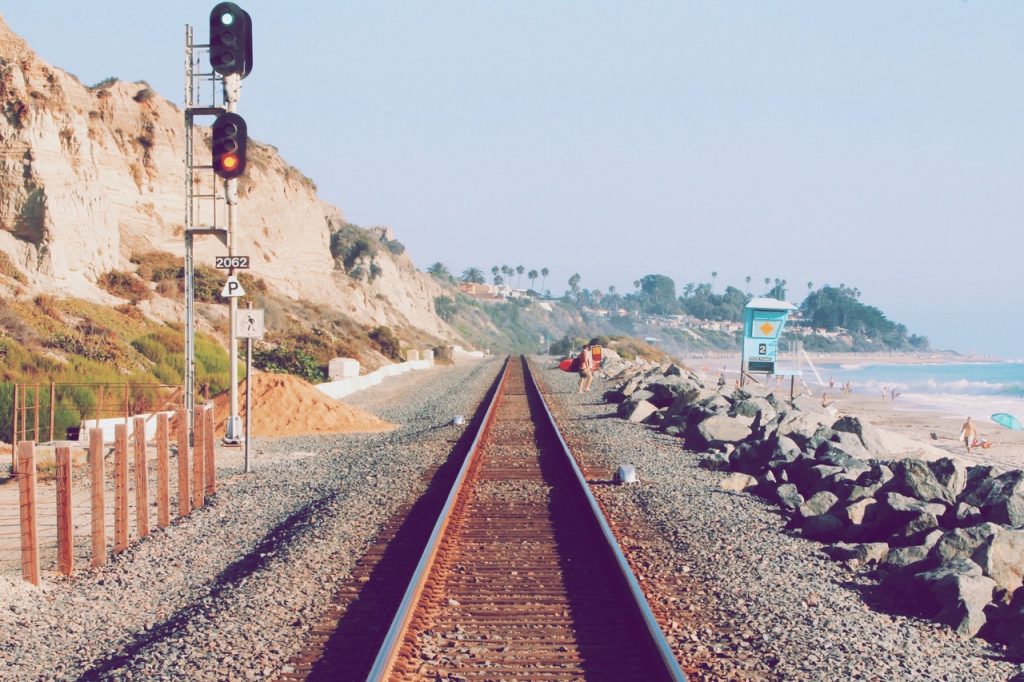
One of the few silver linings from the Covid Pandemic is that it’s made us more comfortable with remote working and working from home. If all of us made small steps to reduce our unnecessary travel, the cumulative effect would be gigantic.
8 – Drink from the tap
Once upon a time, a marketing company convinced us that we needed to drink bottled water, rather than drinking it from the tap. Cultural changes combined with a handful of high-profile water contaminations around the globe, meant that millions of people around the UK turned to drinking bottled water.
Whilst contaminations are extremely rare, bottled water is more expensive, less environmentally friendly, and more likely to contain microplastics. Furthermore, most people can’t taste a difference between the two.
Do the planet a favour and live more sustainably by drinking tap water instead of bottled water. When you head out, get into the habit of refilling an old bottle with tap water instead of buying bottled water and being responsible for yet more single use plastic.
We should also put pressure on water companies to re-install public water fountains, which seemed to disappear around a week after they were privatised.
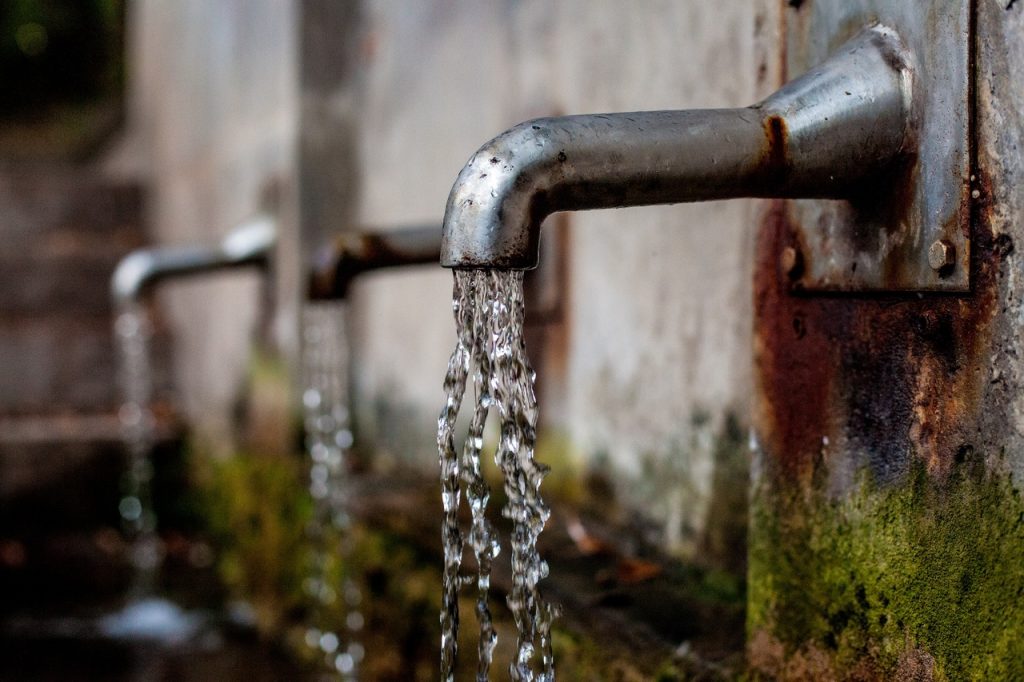
9 – Plant trees or seeds
The biodiverse, oxygen producing carbon sinks that are forests and jungles are being cut down at alarming rates to make way for grazing land and palm oil plantations. This process is leaving us with less oxygen, more carbon, and is destroying habitats, species, and warming up the planet. We’re all responsible for this happening via our consumer choices. Again, meat is the main culprit, as well as most processed foods – particularly those containing palm oils and sugars.
The good news is that anyone can plant seeds and trees, even if you live in the middle of the city. Imagine the impact we’d have if everyone on the planet planted one or two trees every year.
Movements like Guerrilla Gardening encourage urban dwellers to plant trees and plants in neglected and forgotten corners of their towns and cities. This can have a positive impact on the wellbeing of everybody.
If you live in the countryside, there really is no excuse not to plant at least one tree every year. Even without your own garden, most landowners would be happy for you to plant a tree on their land (get permission first), or there are plenty of commons, forgotten verges and hedgerows.
Diseases such as Ash-Dieback and Dutch Elm disease are decimating the UK tree population faster than we can plant, so it has never been more important to plant new trees.
If you do own some land, the Woodland Trust offer heavily discounted tree packs.
10 – Resell and donate items
If you no longer need something, think twice before putting it in the bin. One person’s rubbish is another person’s treasure.
There are brilliant local ‘freebay’ sites where you can list your items for without charge. People may even pay a few quid for them, but even if you simply give an unwanted item a new life, it saves it from landfill (and means that someone doesn’t have to buy a new item made with more new plastics and other materials).
Facebook has a local marketplace where you can list items for free, so that people living close by can come and collect them. It’s perfect for kids toys, furniture, clothes, etc, etc. Local charity shops also welcome quality goods, but check before you take them because some shops are overwhelmed with certain donations, meaning some of them do ultimately get binned.
There’s almost 8b people sharing the limited resources of our planet – we all need to live more sustainably
There’s no doubt that we need to live more sustainably. Last year, a joint statement from more than 11,000 scientists warned us that the world’s people face “untold suffering due to the climate crisis” unless there are major transformations to global society.
Let’s each make small changes now, before the big changes are forced upon us. I’ve said it before, and I’ll say it again – the important thing is that we all make small changes together. So, spread the word and bring everyone yo know and love onboard (especially before they go out and buy you that novelty Christmas present you never wanted).
Featured image by Dana Tentis from PxHere. Article images from PxHere.

